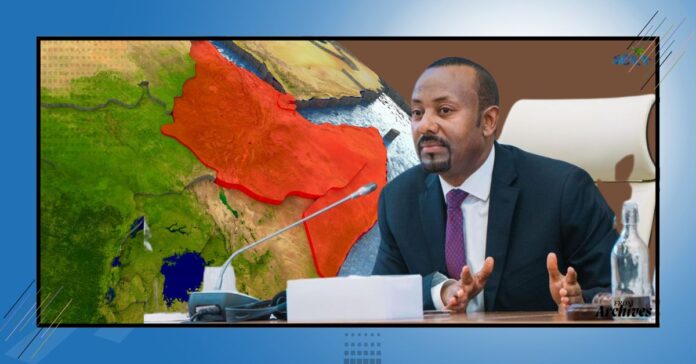The Ethiopian Prime Minister has now spoken openly about invading and occupying the Eritrean port city of Assab. This is not mere bluster. It signals intent against a sovereign neighbour and a direct challenge to the core norms of international law sovereignty, territorial integrity and the prohibition on the use of force.
What makes this escalation more dangerous is the deafening silence from the UN, AU, IGAD and much of the wider international community. Speaking out is not about supporting Eritrea which is fully capable of defending itself but about defending the rules that prevent war. When threats to alter borders by force go unrebuked, those rules erode, and every frontier in the region becomes vulnerable.
This moment did not arise in a vacuum. For two years, Addis Ababa has normalised talk of “sea access”: senior officials repeating the line, state media elevating it into a national agenda. The campaign’s opening gambit was the controversial MoU with the breakaway region of Somaliland an episode that brought diplomatic isolation rather than practical access.
The latest step threatening to take Assab turns narrative into menace.
The facts, however, do not bend to rhetoric. Assab is Eritrean: colonial-era treaties, Eritrea’s UN-recognised independence in 1993, and the Ethiopia–Eritrea Boundary Commission ruling all affirm this. Geographically, the city lies more than sixty kilometres inside Eritrean territory. Politically, the Prime Minister himself signed the Asmara and Jeddah agreements in 2018, explicitly pledging to respect sovereignty and territorial integrity.
The pime Minister also knows Eritrea’s decisive role in Ethiopia’s darkest hour. In 2021, when the TPLF advanced towards Addis Ababa, Eritrean support helped avert state collapsesomething the Prime Minister acknowledged in parliament. To threaten the very neighbour that helped prevent disintegration is poor statecraft and corrosive to any future regional trust.
Why revive expansionist fantasies now? Partly to distract from deepening economic strain and spiraling ethnic tensions; partly to service the designs of external patrons eager to redraw the Red Sea map, deny Eritrea control over its ports, and secure Ethiopian access at Eritrea’s expense. This is theatre in place of policy, with real risks for the Horn.
There is a lawful path if access is genuinely needed: leases, corridors and joint ventures—arrangements that deliver mutual benefit without violating borders. That is how responsible states behave; not through threats, distortions or faits accomplis.
The international community should act before it is too late. If another deadly conflict is not averted now, Eritrea will have no choice but to use all available means to defend itself and its territorial integrity. In that event, the consequences will rest squarely with Ethiopia—and with those international actors whose silence enabled escalation.
The task is clear: speak up now. Condemn the rhetoric, reaffirm the red lines, and insist on rules-based solutions. Eritrea’s sovereignty is non-negotiable; Assab is Eritrean. Rolling back incendiary talk and recommitting to the 2018 pledges is the only credible way to keep the Red Sea and the region out of the fire.

